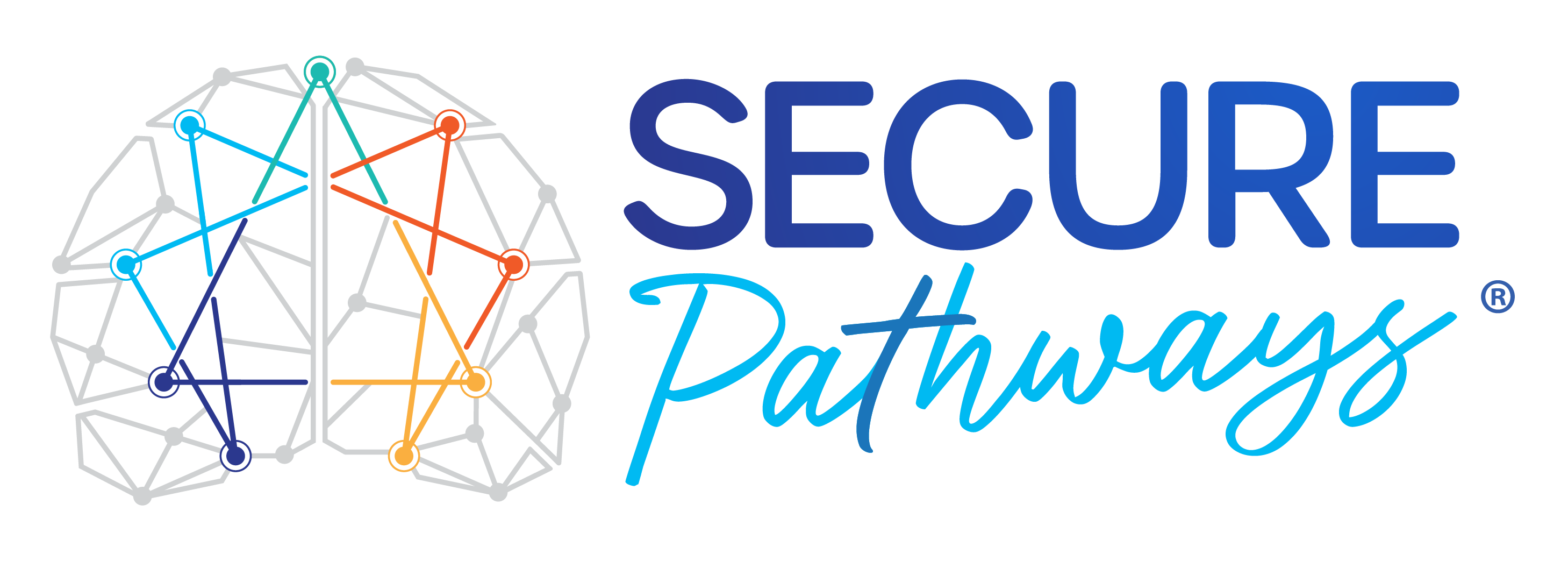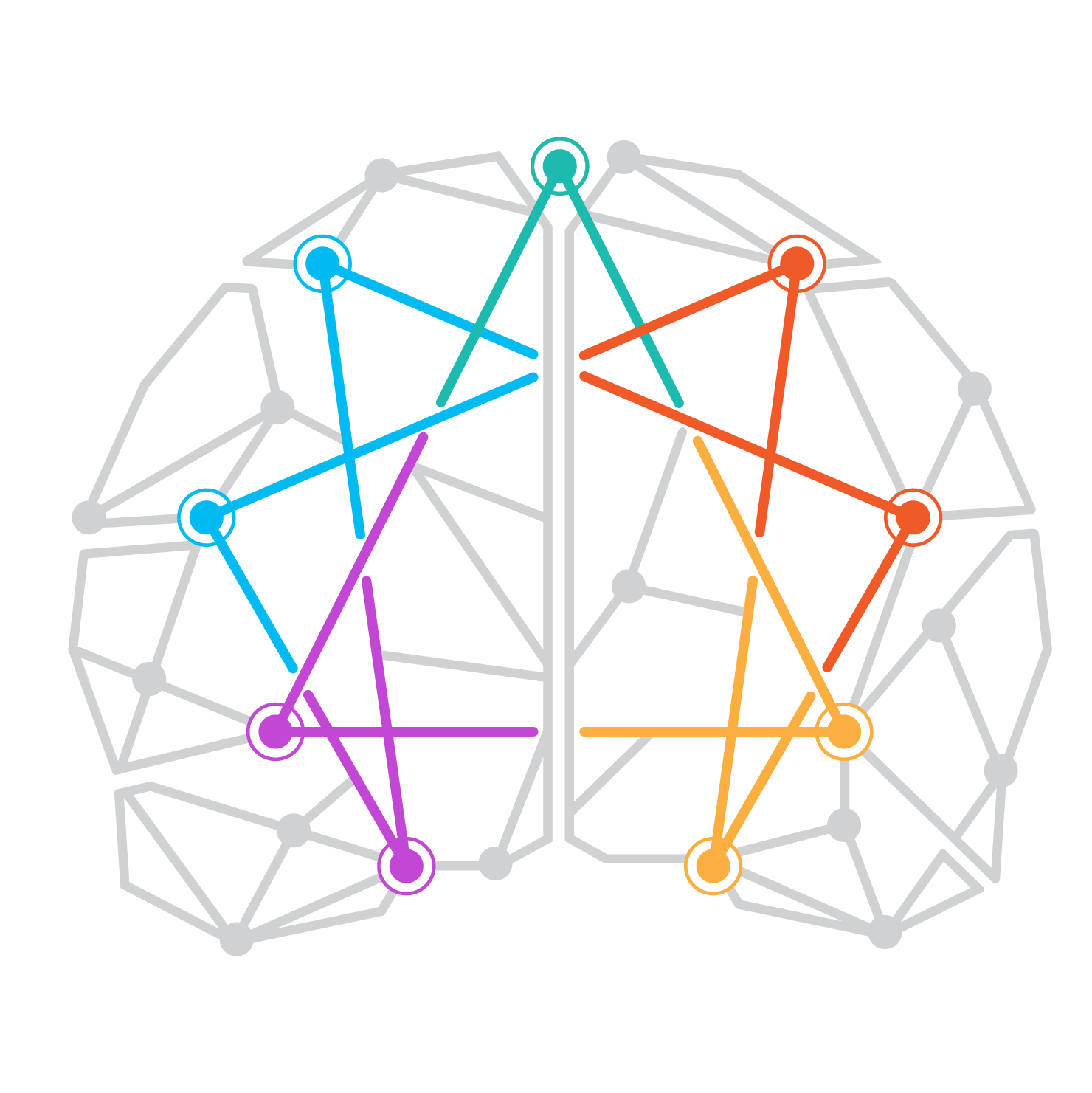I promised last week that I would be coming back to emotions. Yeah, feelings! Okay, many of you may not actually be thinking that. I get it–emotions can be intimidating or challenging or uncomfortable. I know many people try hard to or have trained themselves to focus on their thoughts or actions and set emotions aside. This is not helpful in the long run (Sorry!) for your body, your mental health, or your relationships. As a Psychologist, I cannot emphasize enough how important it is to learn about your emotions and address them. And by addressing, I don’t mean denying, avoiding, stuffing, ignoring, numbling, distracting from, giving lip service to, or totally giving in to your feelings so they take over. But before we talk more about what to do with our emotions, let’s talk about why we have emotions.
According to Psychologist, Paul Ekman, Ph.D., one of the experts in this field, emotions are an “automatic appraisal…in which we sense that something important to our welfare is occurring.” They are a quick reaction to a stimulus in our environment that helps us to survive because they can generate action. Beyond survival, emotions help us connect to others and give us an opportunity to know ourselves better. We react to things (circumstances, people, environments) that are important to us. We can figure out who we are and what or who is important to us. Our feelings also add variety and interest to our lives and help us appreciate when things are going well. (I am guessing you may not yet be convinced of the importance of emotions?) Chip Dodd, Ph.D., who is a Christian counselor and works in the area of recovery, talks about the gift of feelings in his book, The Voice of the Heart (see Resources section for a link). He writes about how eight different feelings move us toward God and how being in His presence allows us to live fully in a broken world. Not only does being aware of our feelings and being honest about those feelings move us toward God, it also moves us toward deeper connection with others.
You might think this is where I begin to talk about how our emotions can bring us closer to our children, but I am not going there right now. In several weeks, we will talk more about how our emotions are related to our relationships with our children. This week and probably the following one, I want to focus on us, as people, not specifically in the parenting role. It is important for us, as people and as parents, to recognize emotions when they pop up. Our emotions alert us to the fact that we are reacting to something (whether it is a particular situation or a social interaction) that matters to us. It may not always be clear what it is.
To understand, experience, and manage our emotions, there are several steps that help us process our feelings. We need to take SPACE for our feelings:
S – Slow down now or when you have some time alone.
P – Pay attention to your body, sensations, reactions, feelings, and thoughts.
A – Acknowledge your feelings and label them without judgment.
C – Consider the situation that elicited your feeling(s):
- What factors might be contributing to your reaction? (childhood experiences, trauma, cultural influences, Enneagram/personality type, environmental pressures, etc.)
- What meaning does it have for you?
- Are there assumptions, lies, or expectations that might be in play or need to be examined?
- What is true about your feelings? What do they point out?
E – Engage with the Lord in conversation (i.e. prayer). Share what you are feeling. Ask for guidance and discernment on how to respond, which could be not responding at all in some circumstances.
Curiosity is so important in exploring our reactions, especially our feelings, so that we can develop more self-awareness because they are telling us that something impacted us. It may be something that we need to address, change, learn from, or dismiss (but not because we are afraid to challenge someone or something).
I want you to practice giving yourself space to reflect on your emotions. This will build a muscle that is really important for parenting–truly one of the most important things kids need. (Okay, so I couldn’t totally refrain from commenting on how emotions are related to parenting.)
If you are not sure how to label emotions or struggle to understand feelings, please sign-up to receive my FREE Feelings Chart and Tips on How To Use It.
Questions to ponder:
If you know your Enneagram type, what connection might your emotions have to your personality/Enneagram type?
What was it like to slow down and pay attention to your reactions?
What emotion did you find the hardest to label or experience?
If you are not sure how to label emotions or struggle to understand feelings, please stay tuned for my FREE Feelings Chart and Tips on How To Use It. Coming soon!
What did it feel like to talk to God about your feelings?
I hope you experienced some of Philippians 4:7 (NLT): “Then you will experience God’s peace, which exceeds anything we can understand. His peace will guard your hearts and minds.”



